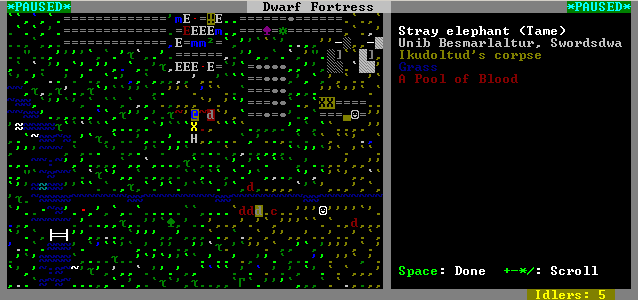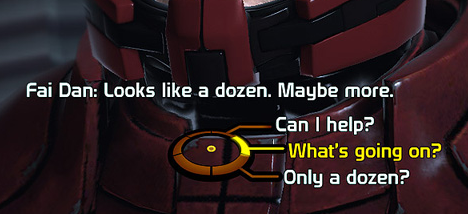Secret twitter film club (STFC) is a game of shared stimulus and strategic ambiguity.
It is inspired by Secret Book Club, a club wherein friends all read the same book at the same time, but are forbidden from discussing it directly. Ideally, one would more easily see how one’s reading bled into their conversation and writing, without direct commentary.It is a project in the spirit of @Timescanner’s invocation, “Hey everyone, let’s have experiences together,” and a rumination on the cryptic transparency of digital youth, progentitors of the subtweet. Other influences include the great tradition of jokes under communism, campus games of "Assassin," and the secret handshakes of Freemasonry.
Most importantly, Secret Twitter Film Club is secret.
RULES
- You are not to publicly reveal that you are taking part in Secret Twitter Film Club, nor when it is occurring. (STFC CAN HAPPEN AT ANY MOMENT. BE ON THE WATCH.)
- You will be sent a message with the name of the film, the time it is to occur, and the other participants. Times will be selected with a bias to North America. (If this seems impossible for you, feel free to start your own game of Secret Twitter Film Club).
- Perhaps obviously, you cannot give the name of the film you are watching, nor its particularly iconic lines/characters. Try and focus on elements and pieces that are of general interest, but have hidden meanings for fellow watchers.
- You cannot publicly reveal who *else* is in on Secret Twitter Film Club. (If you make a list of other players, for god’s sake keep it secret.) Winks, nods, and coded phrasetalk are perfectly okay presuming you do not blow each others’ covers with your sudden thick-as-thieves-ness.
- If one of your followers figures out that you’re playing Secret Twitter Film Club, you are “wounded” and must continue by appending the hashtag #SecTFC to your (hopefully cryptic) tweets. At this stage, the secret is what film it is.
- If one of your followers figures out what film you’re watching, the jig is up, at least for you and the other wounded. You may continue watching the film, though, and feel free to comment using the hashtag #OvTFC (for “overt twitter film club”)
If you want to play Secret Twitter Film Club, send an email to instigation [at] SplendidVagabond {dot} info that includes your twitter handle, interest in the game, and film preferences.
BONUS PARANOID VARIANT: If I get a sufficiently large body of players, I will split them into teams watching different, but thematically linked films. You will only know the players on your team. Extra points will be given to those who root out other teams' players.





